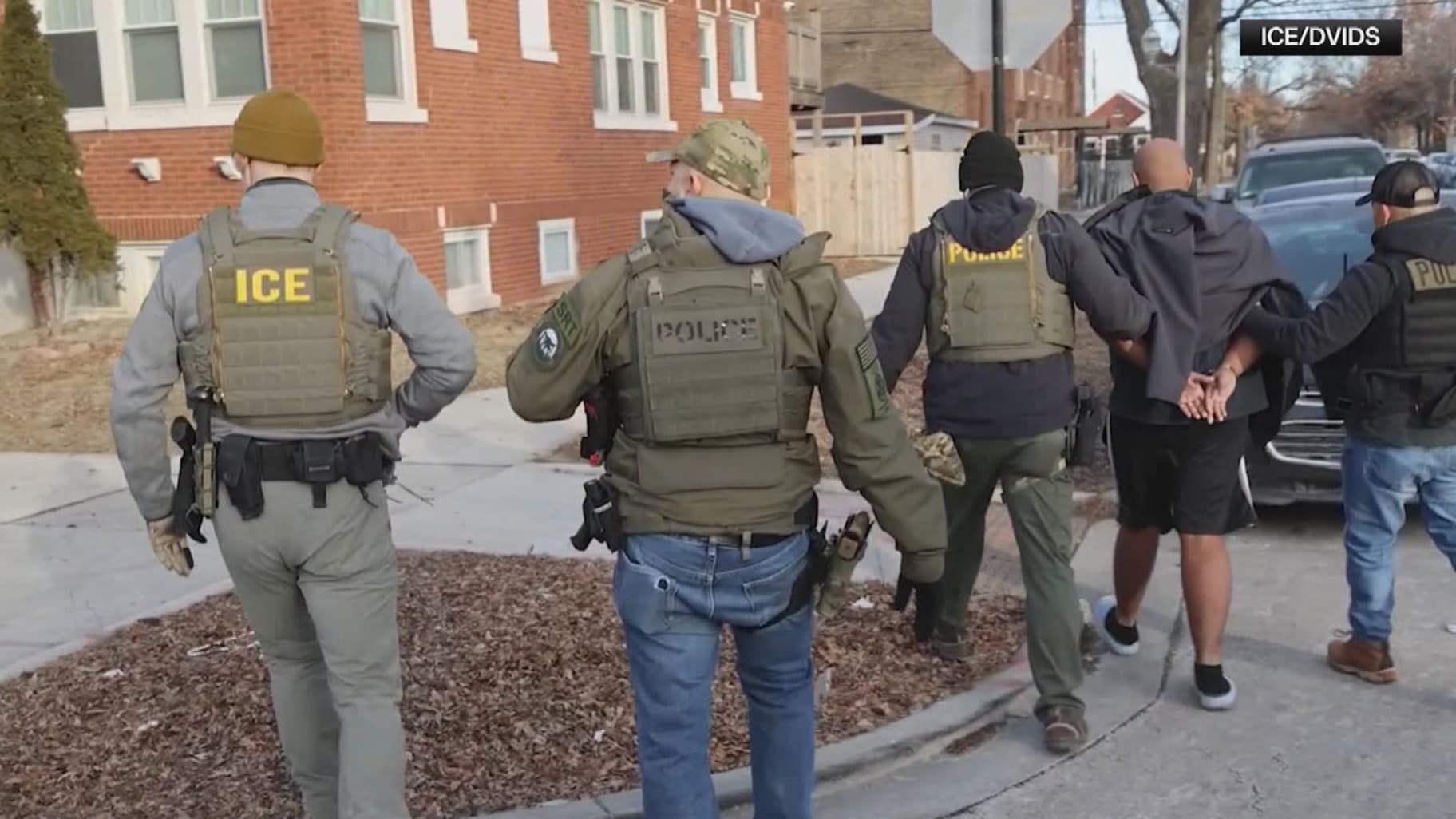Federal Judge Mandates Identification for Federal Agents Amid Growing Concerns Over Masked Operations

A recent federal court ruling in Chicago now requires federal immigration agents, unless operating undercover, to display visible identification when conducting arrests or engaging with the public. This judicial action comes amidst heightened national debate and public outcry regarding unidentified federal agents, often masked, stopping individuals on the street, a practice criticized by civil liberties advocates and public figures. Journalist Conor Friedersdorf recently articulated this sentiment, stating in a tweet, "The United States should never have masked agents of the state stopping people on the street."
The ruling by a federal judge in Chicago mandates that agents from the Department of Homeland Security (DHS), including Immigration and Customs Enforcement (ICE) and Customs and Border Patrol (CBP), must wear badges with unique alphanumeric identifiers. This directive aims to address concerns about transparency and accountability, particularly following instances where agents concealed their identities during operations and protests. The order also restricts the use of riot control weapons against peaceful journalists and protesters.
Concerns about unidentified federal agents gained significant traction during protests in Portland in 2020, where federal officers reportedly used unmarked vehicles to apprehend individuals, leading the American Civil Liberties Union (ACLU) of Oregon to describe such actions as "kidnapping." More recently, a U.S. citizen detailed his experience of being detained by ICE agents, some of whom were unmarked, in an incident reported by The Atlantic in September 2025. He recounted, "They can just mask up and take someone off the street, no questions asked, and you’re just gone," highlighting the fear and lack of recourse faced by those unable to identify their captors.
Advocates argue that the practice of masked and unidentifiable agents erodes public trust, impedes accountability for misconduct, and creates an environment ripe for impersonation. Priscilla Olivarez of the Immigrant Legal Resource Center noted, "To witness a loved one, a neighbor, or community member being arrested before your very eyes by masked, unidentified men, is terrifying." While some federal agencies cite officer safety and protection from doxxing as reasons for mask-wearing, critics emphasize that local law enforcement often operates with stricter identification rules.
In 2023, Congress passed a law requiring federal agents to identify themselves to protesters, a move the ACLU lauded as a step against "secret police forces patrolling our neighborhoods... in anonymity." Despite this, the issue persists, prompting state-level legislative efforts, such as a California law in September 2025 banning federal immigration officers from concealing their faces, which DHS deemed unconstitutional. The Chicago court order signifies a growing judicial and public demand for greater transparency and accountability from federal law enforcement agencies operating within civilian populations.